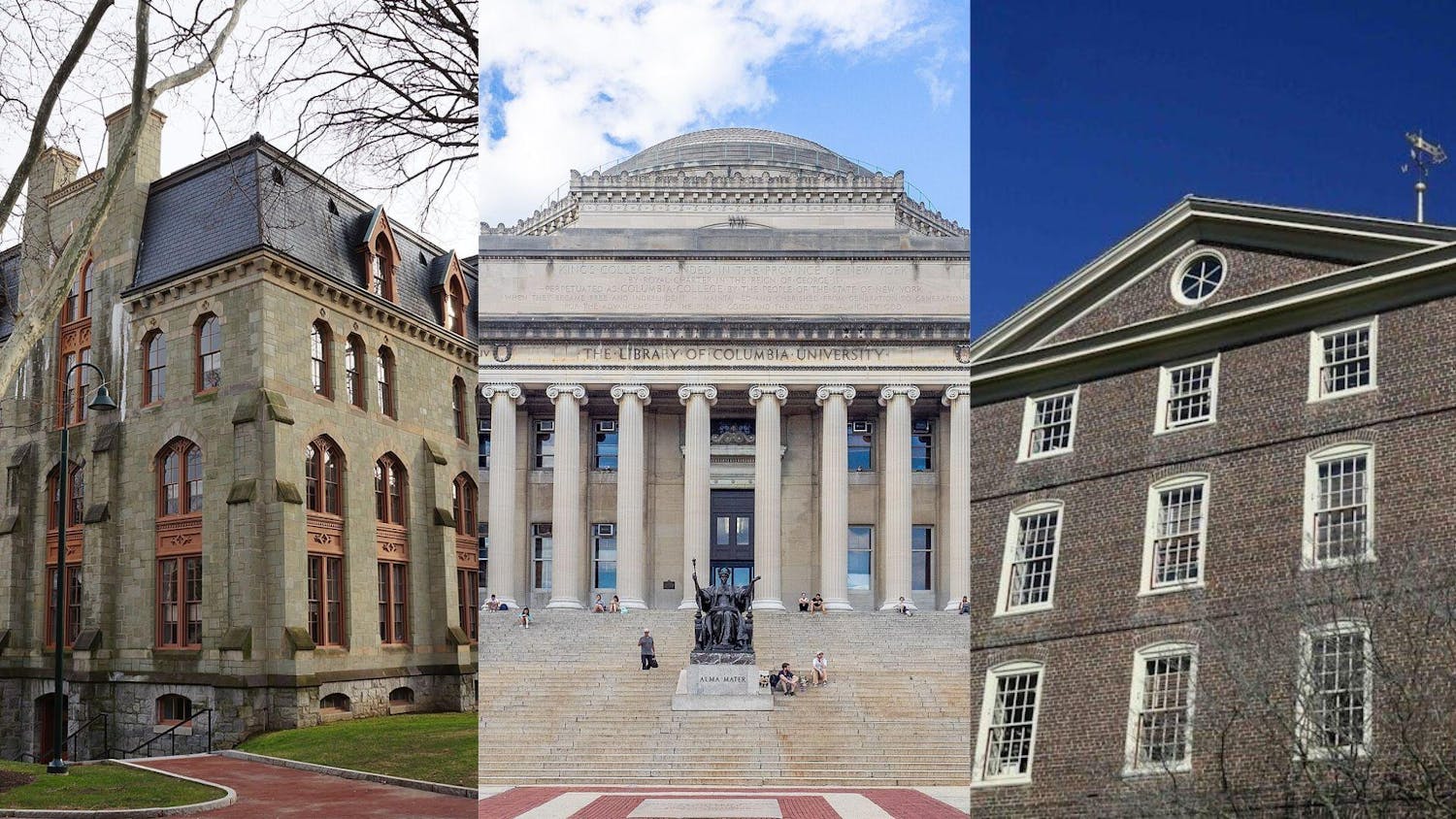In a lecture Friday that served as the official inauguration of the Brown-India Initiative, S.M. Krishna, India's minister of external affairs, said the nation must create an "external environment" conducive to both collective and individual welfare.
Krishna, who has held the position since 2009, discussed India's foreign policy priorities in the 21st century in the highly attended lecture in the List Art Center. Krishna previously served as chief minister - the highest elected position in Indian states - of his hometown of Karnataka between 1999-2004, said Provost Mark Schlissel P '15, who presided over the talk and subsequent Q & A session.
"In our judgment," Schlissel said, "not since the early days of independence has the study of India been so exciting and important."
Krishna, who addressed the audience as "friends," began his lecture by saying he hopes the Brown-India Initiative will focus on the country's heritage, progress, challenges, global engagement and ongoing partnership with the United States.
Among the structures necessary for fostering this environment are an "open and equitable international trade system" and a "stable financial system," he said.
Foreign policy in India will stay rooted in its core values of internationalism, independence of judgment, support of democracy and commitment to international peace, Krishna said, but will also "continuously adapt to the changing external circumstances and the shifting domestic needs" during the 21st century.
Among India's foreign policy goals, Krishna emphasized the importance of fostering an era of peace and prosperity in South Asia. For more than 30 years, the region has undergone immense conflicts that have reached beyond India to the rest of the world, he said.
Maintaining maritime security and stability, particularly in the Indian Ocean region, will also be a major goal, he said.
Krishna said ties from India's strong strategic partnerships with Russia, China, the European Union and Latin American countries will continue to strengthen over the coming years, and that India is committed to providing support and forging stronger bonds with both Africa and Afghanistan.
India and the U.S. share a convergence of interests as well as an important partnership, Krishna said.
"Our rapidly growing ties of trade and investment constitute the strong underpinning of our relationship," Krishna said, noting that the two countries share a common dedication to counter-terrorism policies, non-proliferation and nuclear disarmament.
"The enduring strength of our relationship comes from the public goodwill in our two countries and the warmth of ties between our people," Krishna said. "We come from different circumstances ... but one thing that is common is our shared values."
"We sometimes differ in our approaches, but we seek the same future for our people and the world at large," Krishna added.
Krishna closed his lecture by stressing that though some may be frustrated by the pace of developmental progress in India, the democratic way in which the changes are occurring must be recognized.
In his opening remarks, Schlissel emphasized the University's longstanding interest in India, noting that over the last few years, it has forged partnerships with institutions in India including the Indian Institute for Technology in Kanpur and the Christian Medical College in Vellore.
The University celebrated a Year of India in 2009-10, hosting a series of seminars, performances and exhibitions to showcase India's politics, economics, history, culture, literature and art. This initiative will focus on four primary themes - the rise of Indian cities, economic change and inequalities, pluralism and diversity and India's democracy, Schlissel said.
ADVERTISEMENT




